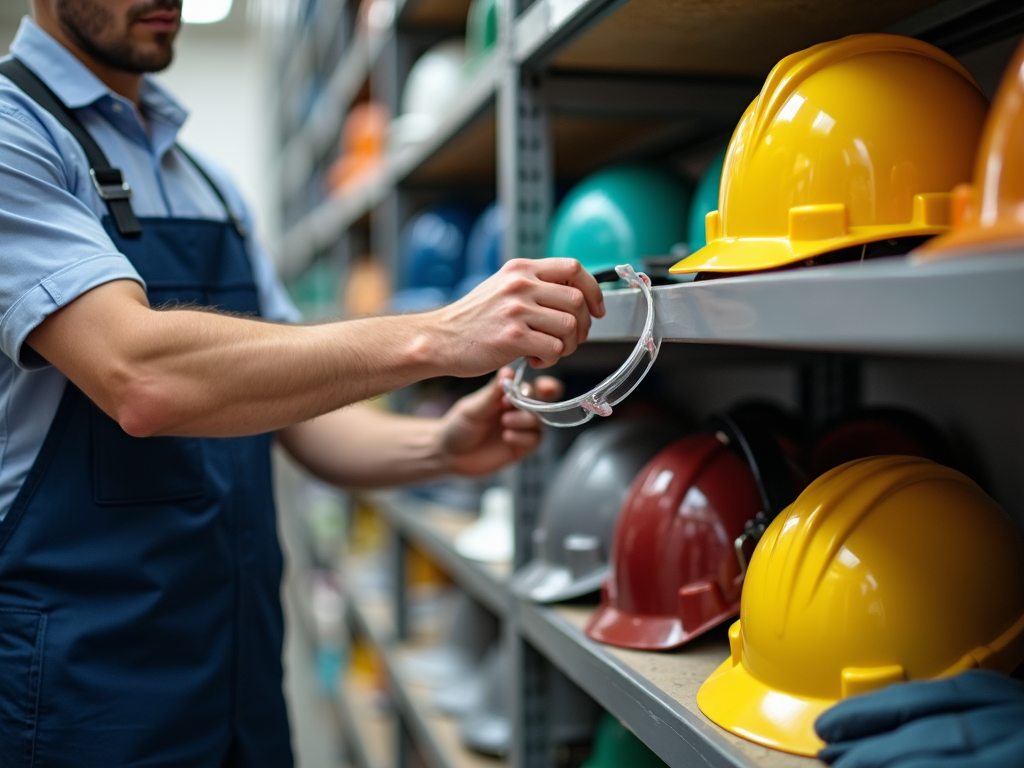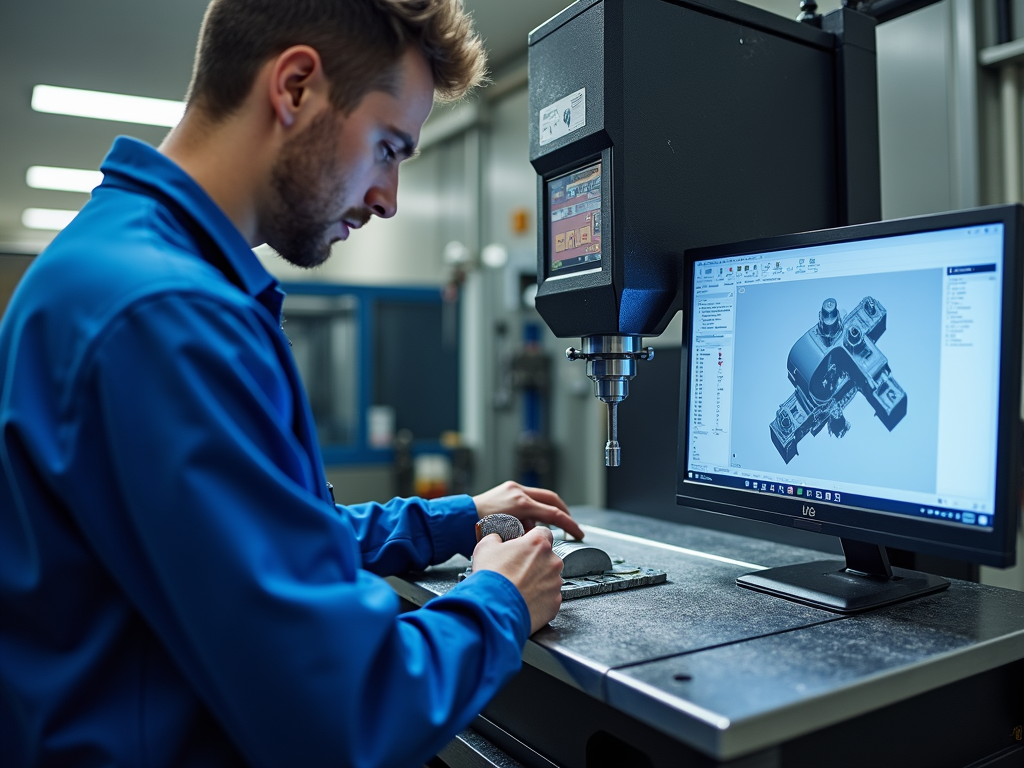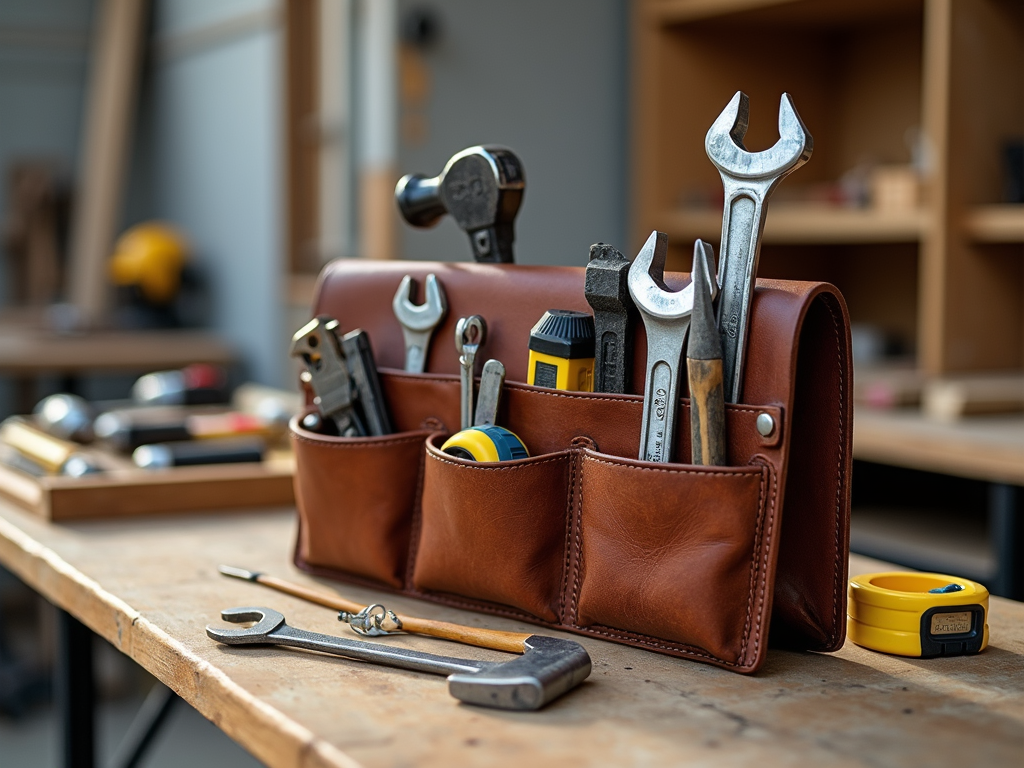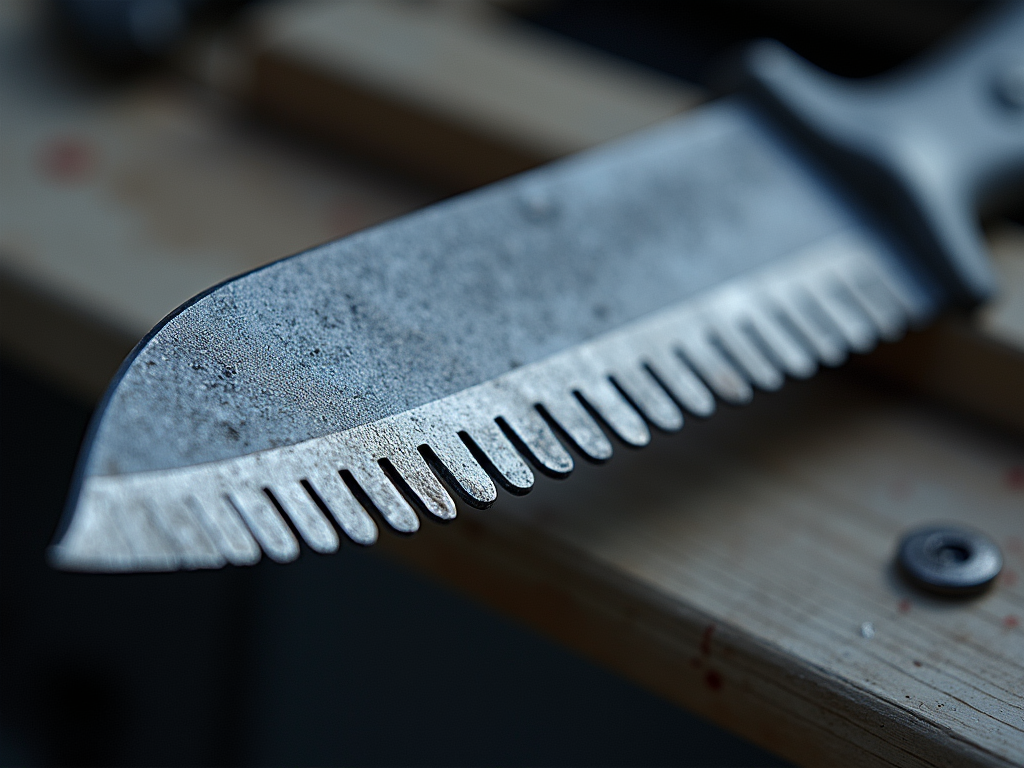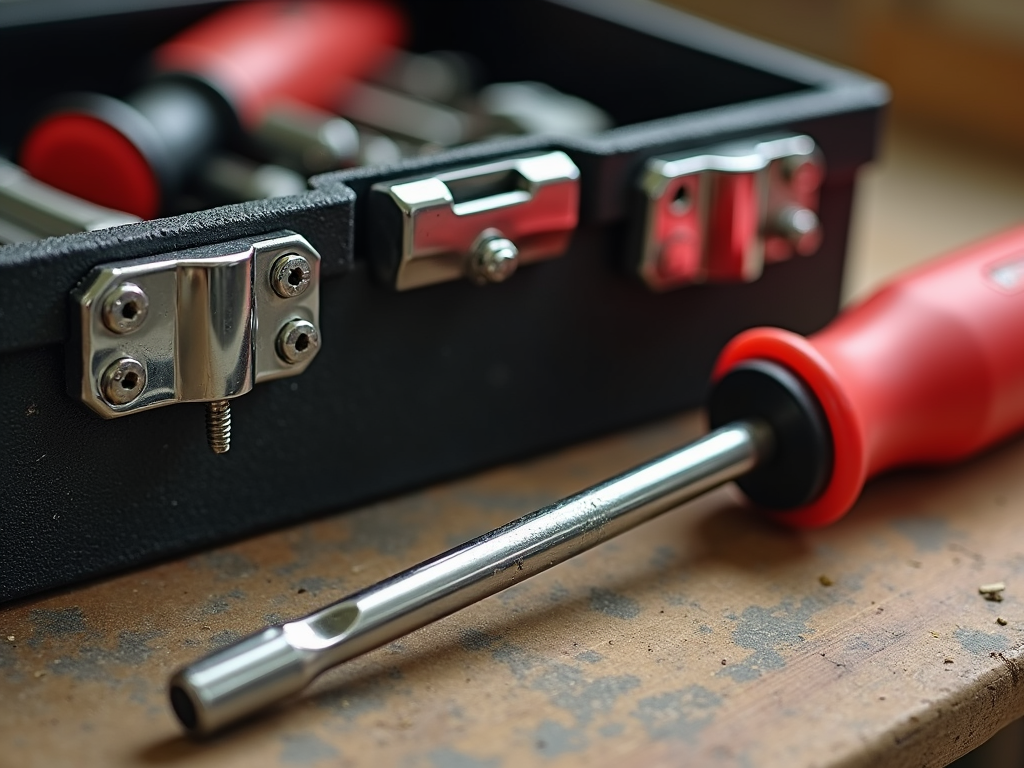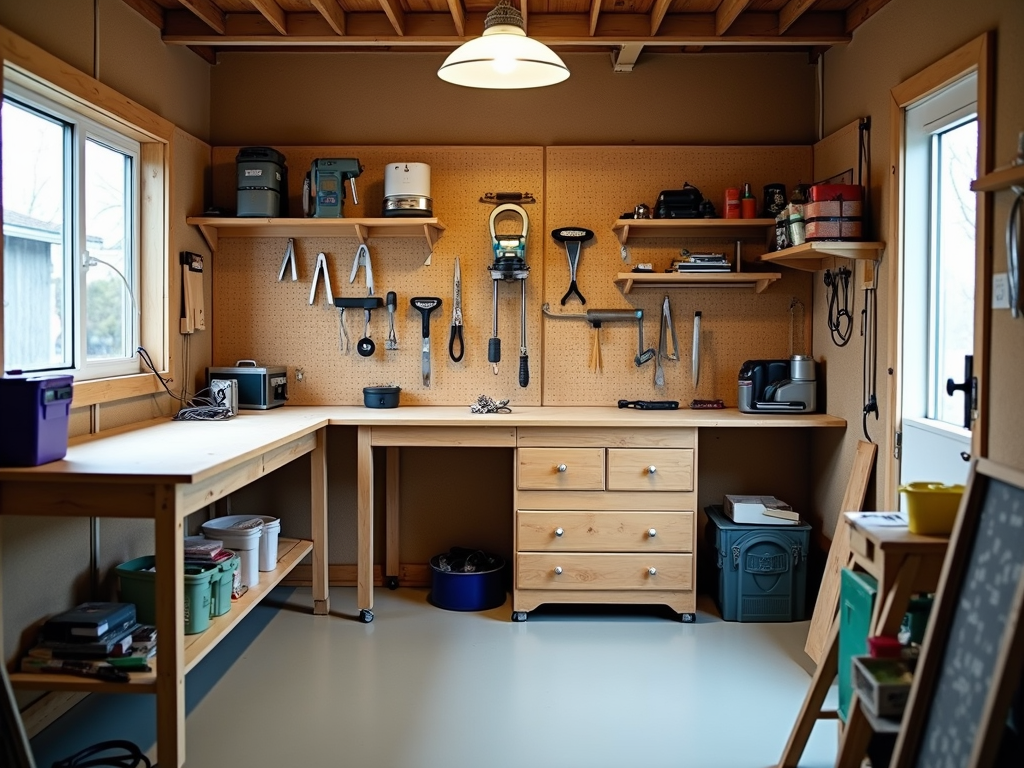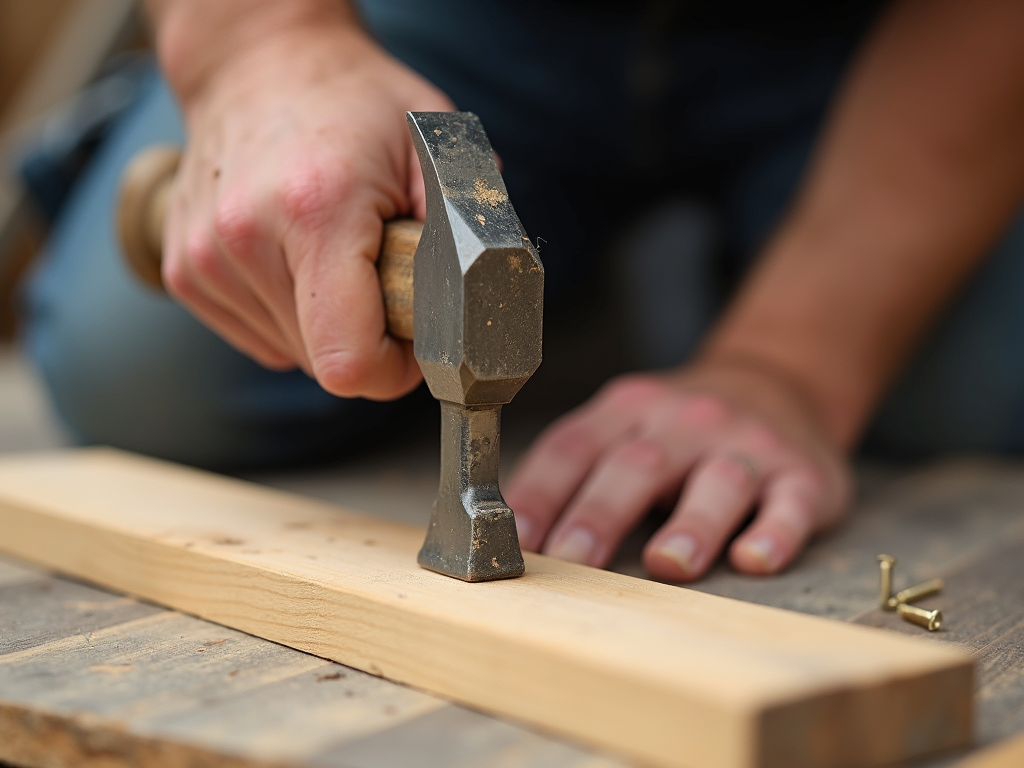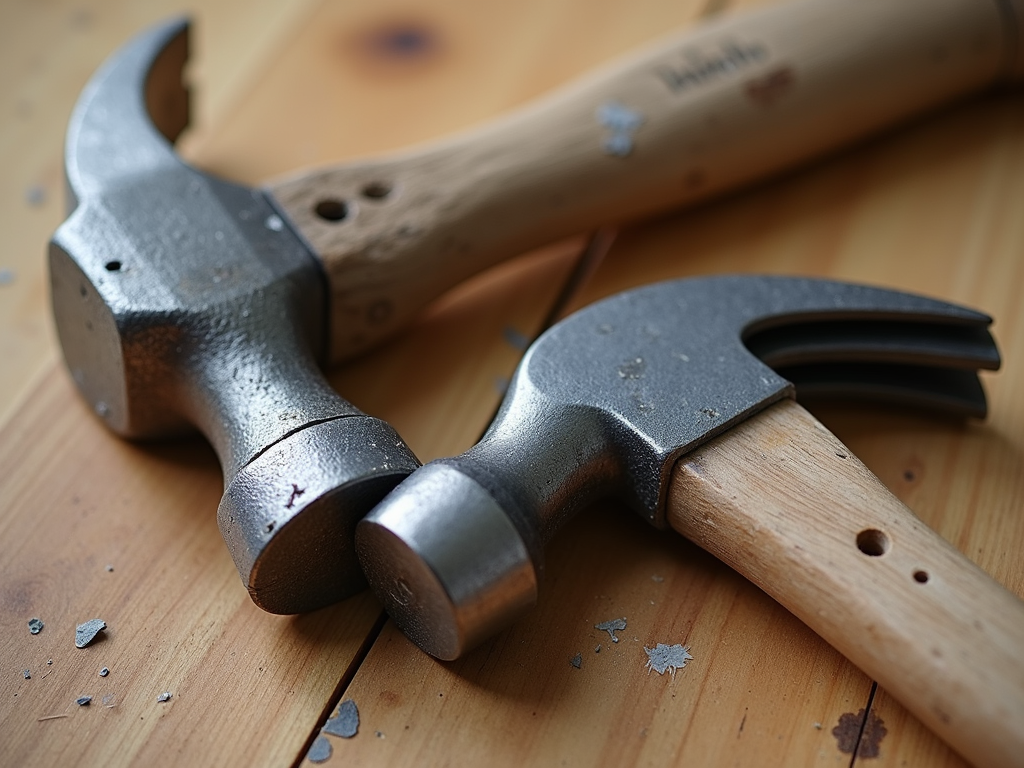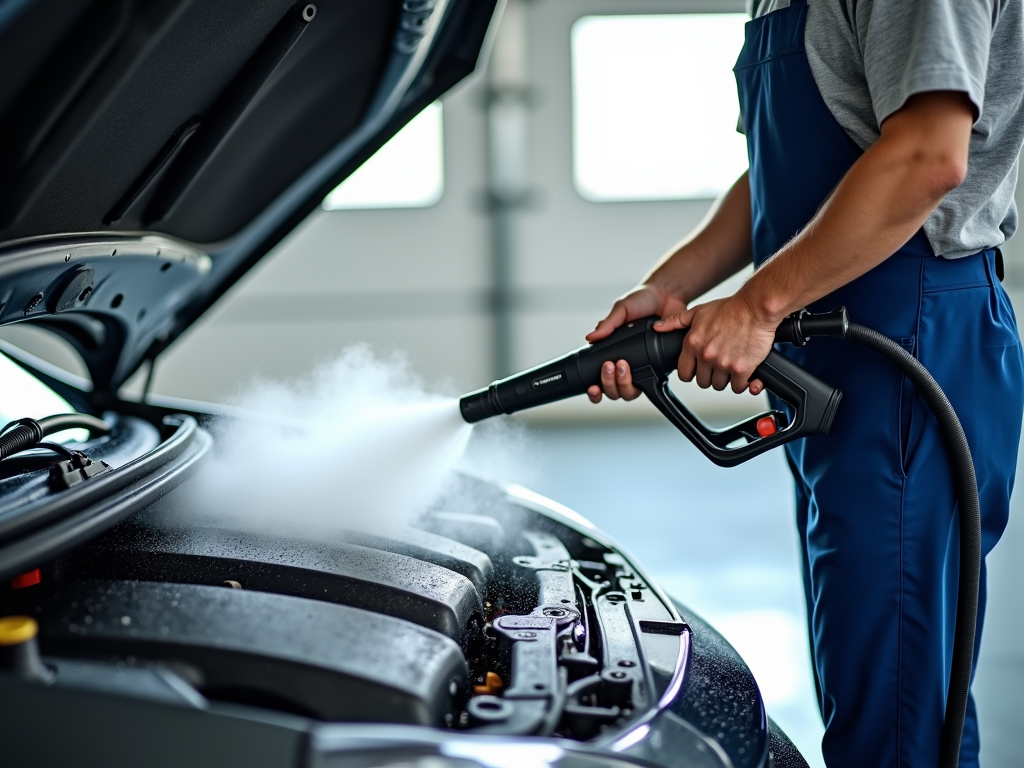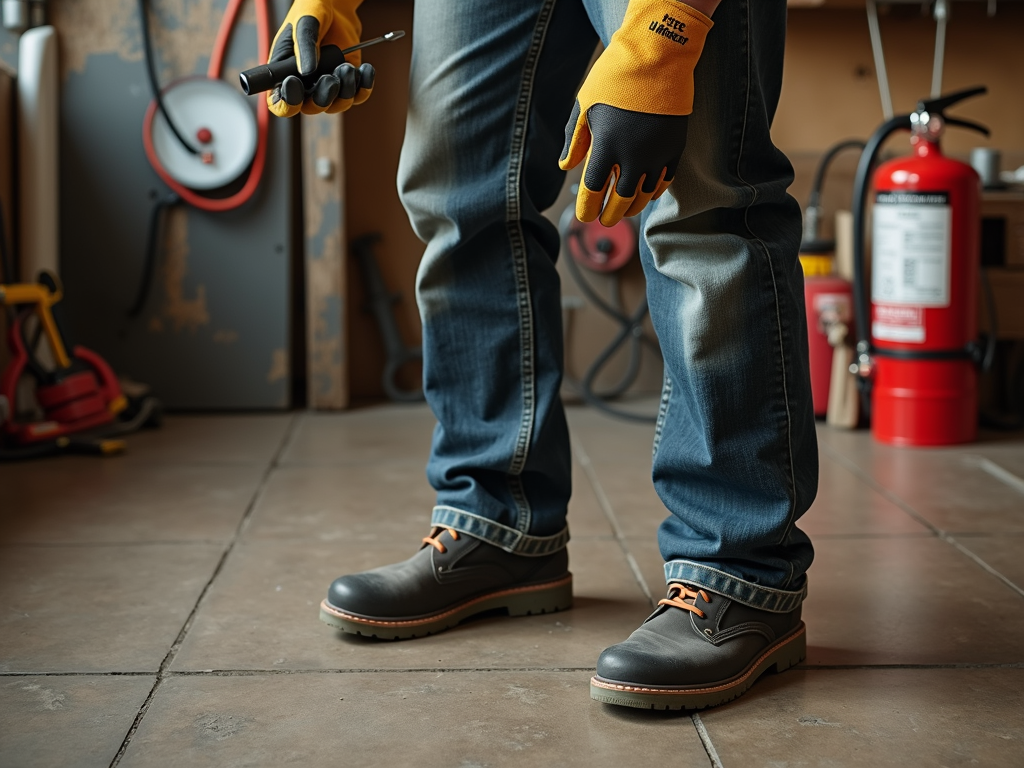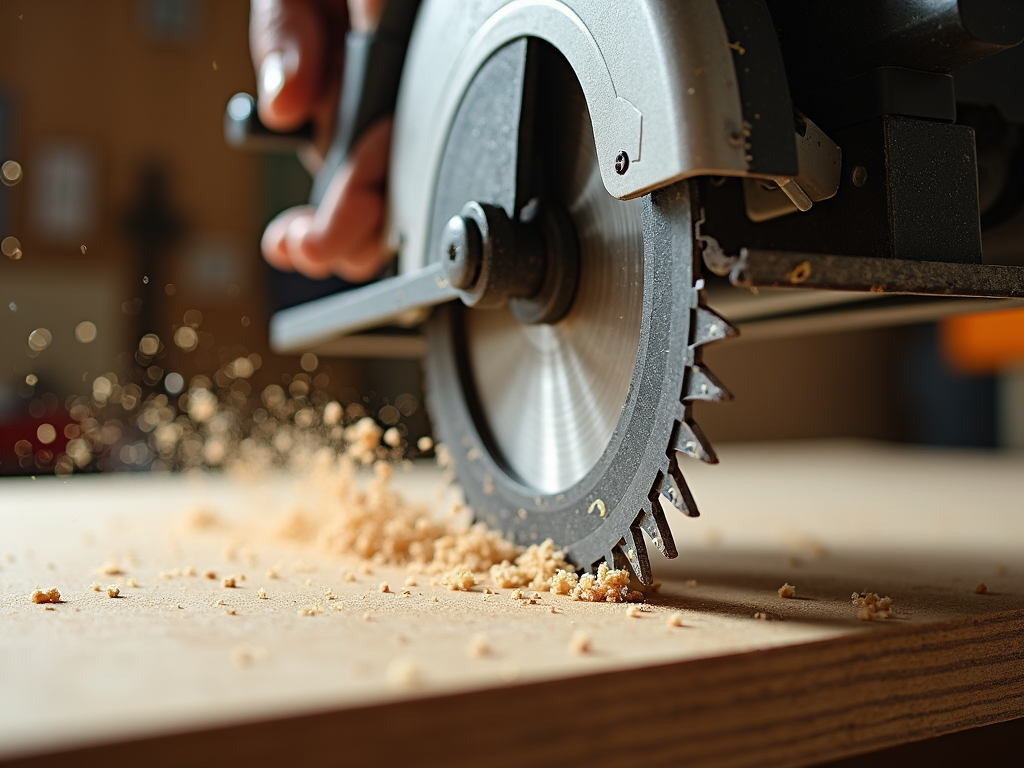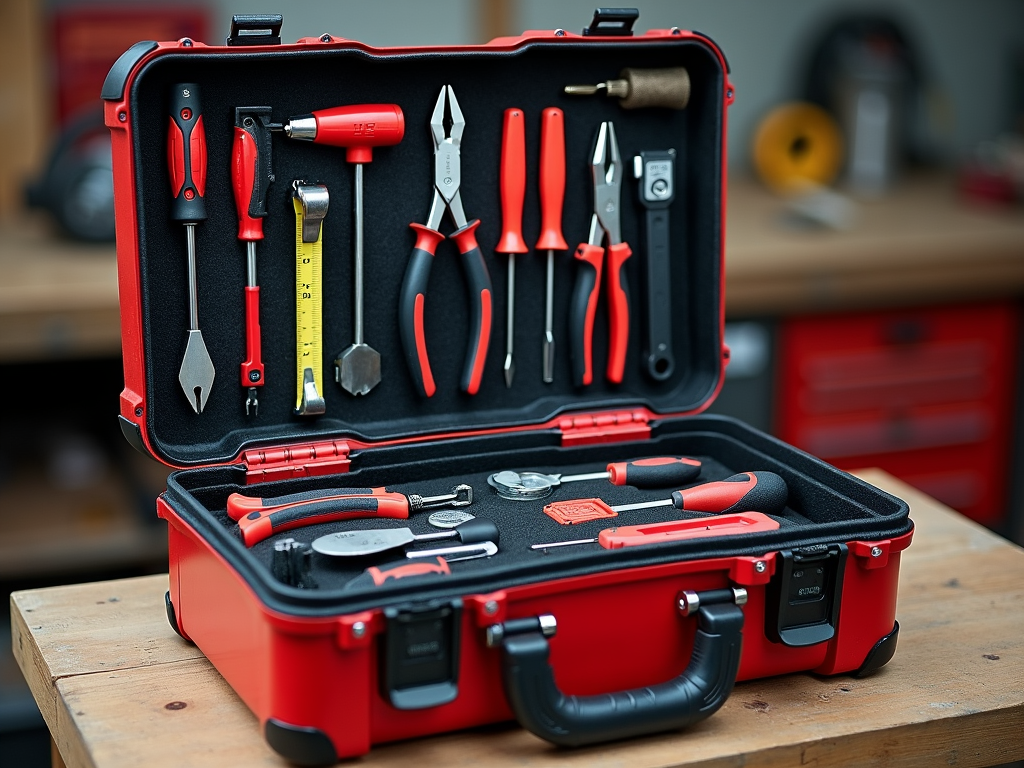Overview
Workshops are spaces of creativity and productivity, but they can also be hazardous if proper safety measures aren't in place. Whether you're a seasoned professional or a hobbyist, understanding and implementing safety practices is crucial. This guide delves into essential safety practices for workshops, offering insights on workshop equipment maintenance tips, the safe use of workman tools, and more. By the end, you'll be equipped with the knowledge to create a safer working environment.
Understanding Workshop Hazards
Workshops are filled with potential hazards, from sharp tools to electrical equipment. One of the most common dangers is improper tool use. For instance, using a power drill without securing the workpiece can lead to accidents. I once saw a colleague's hand get caught in a drill press because he didn't clamp the material properly. It was a stark reminder of how quickly things can go wrong. Other hazards include fire risks from flammable materials and electrical shocks from faulty equipment. Recognizing these dangers is the first step toward prevention.
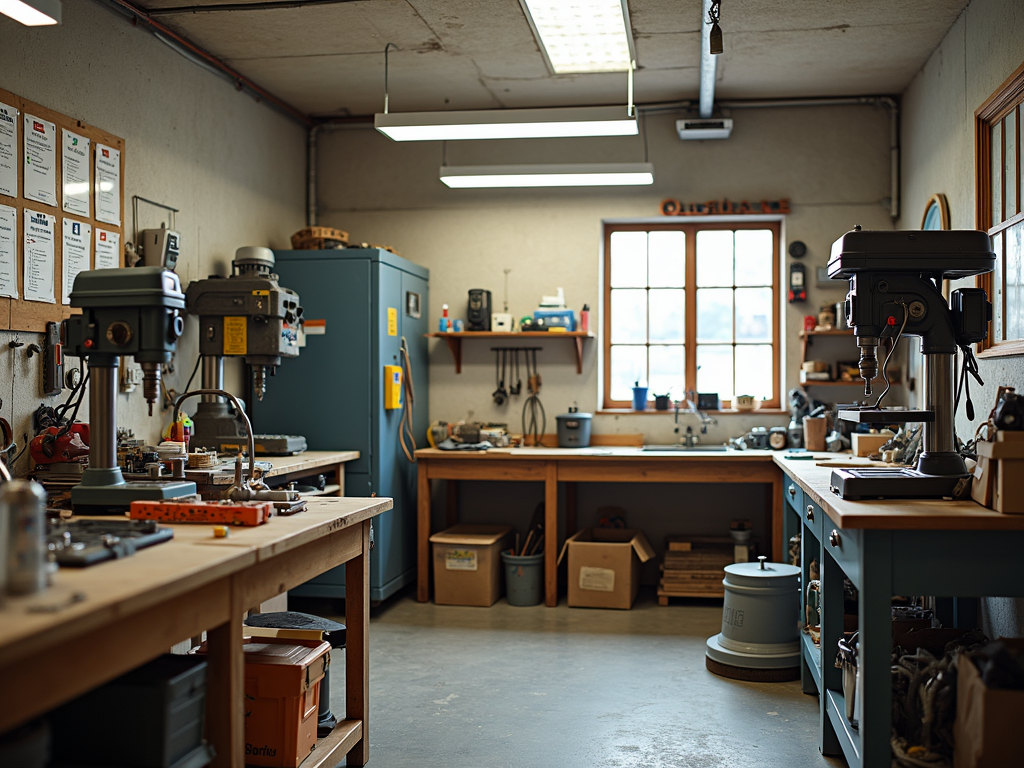
Personal Protective Equipment (PPE)
Wearing the right PPE is non-negotiable in any workshop. Safety glasses protect your eyes from flying debris, while gloves shield your hands from cuts and burns. Ear protection is essential when working with loud machinery. I remember a time when I forgot to wear earplugs while using a table saw, and the noise was deafening. It was a lesson learned the hard way. When choosing PPE, ensure it fits well and is appropriate for the task. For example, use cut-resistant gloves for handling sharp tools and insulated gloves for electrical work.
Safe Use of Workshop Equipment
Proper handling of workshop equipment is vital. Always read the manufacturer's instructions before using any tool. For power tools, ensure the power is off and the tool is unplugged when making adjustments. Secure workpieces with clamps or vises to prevent movement. When using hand tools, keep them sharp and in good condition. A dull blade can slip and cause injury. Store tools properly after use to avoid accidents. For instance, keep sharp tools in a designated area away from walkways.
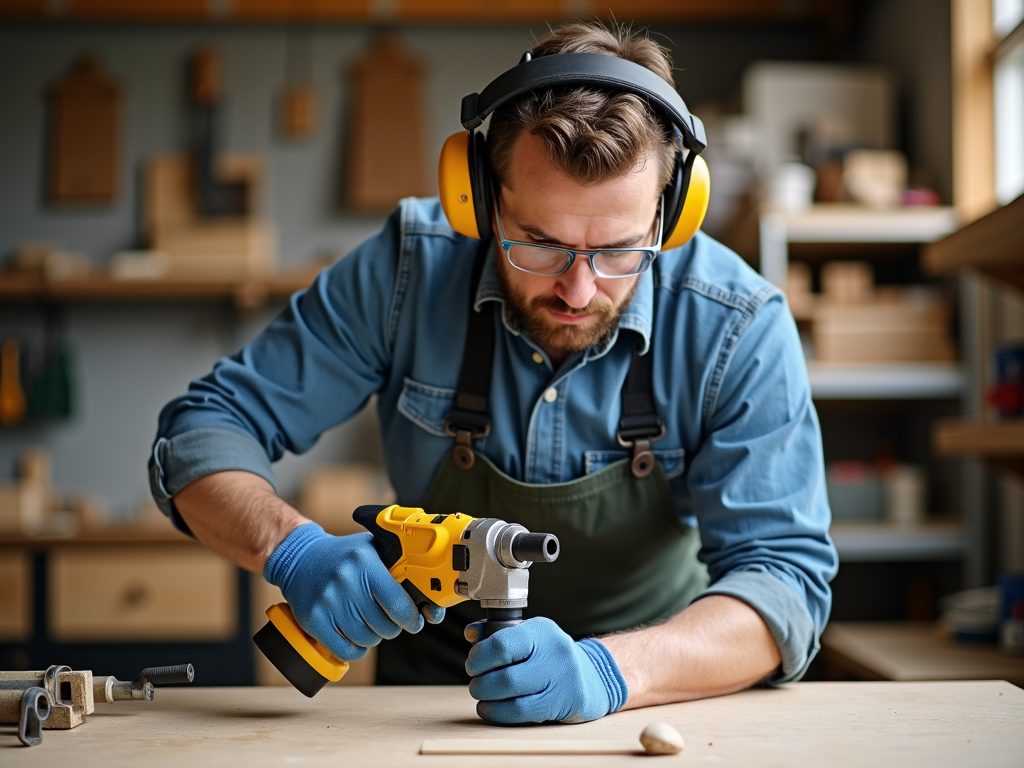
Workshop Equipment Maintenance Tips
Regular maintenance of workshop equipment is key to safety and longevity. Inspect tools and machinery before each use for signs of wear or damage. Clean tools after use to prevent buildup of debris that can cause malfunctions. Lubricate moving parts as recommended by the manufacturer. For example, oiling the chain of a chainsaw ensures smooth operation and reduces the risk of kickback. Keep a maintenance log to track inspections and repairs. This not only enhances safety but also extends the life of your equipment.
Emergency Preparedness
Being prepared for emergencies can save lives. Every workshop should have a well-stocked first aid kit, including bandages, antiseptics, and burn creams. Fire extinguishers should be easily accessible, and everyone should know how to use them. Develop an emergency plan that includes evacuation routes and contact numbers for emergency services. Practice responding to common scenarios, like a fire or a severe cut. I once had to use a fire extinguisher when a small fire broke out in my workshop. Knowing how to use it prevented a disaster.

Summary
Safety in workshops is not just about following rules; it's about creating a culture of awareness and responsibility. By understanding hazards, wearing appropriate PPE, using equipment safely, maintaining tools, and preparing for emergencies, you can significantly reduce the risk of accidents. Remember, safety is an ongoing commitment. Implement these practices in your workshop and encourage others to do the same. Your well-being and that of those around you depend on it.
Related Safety Practices for Workshops:
- Guide to Choosing the Right PPE for Your Workshop
- The Role of Technology in Modern Workshops
- Mastering the Craft: Essential Workman Tools for Professional Builders
- Guide to Table Saw Blades for Every Cut
- Tool Maintenance: Tips for Longevity
- Maximizing Space in a Small Workshop
- Advanced Hammer Techniques for Experienced DIYers
- Why Tool Care Keeps You Safe: Essential Tips for Construction Workers
- Power Tools for Automotive Repair: A Comprehensive Guide
- Electrical Safety Tips for DIY Enthusiasts: A Comprehensive Guide
- The Ultimate Guide to Home Improvement Tools
- Top Hand Tools for Beginner Mechanics: A Comprehensive Guide
